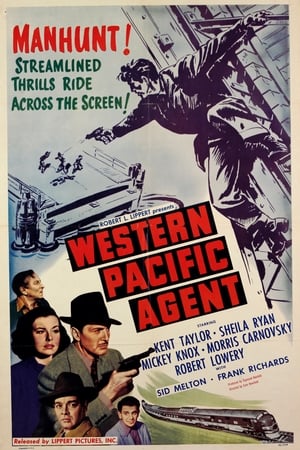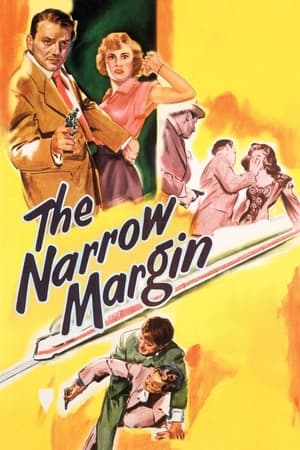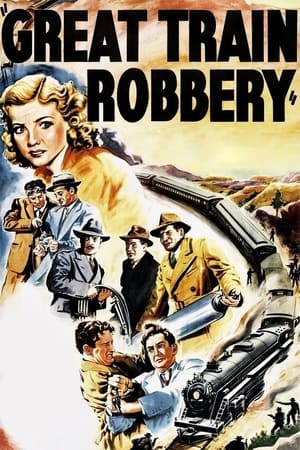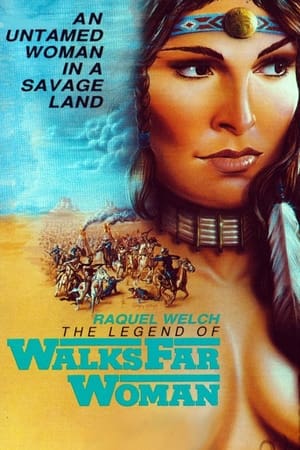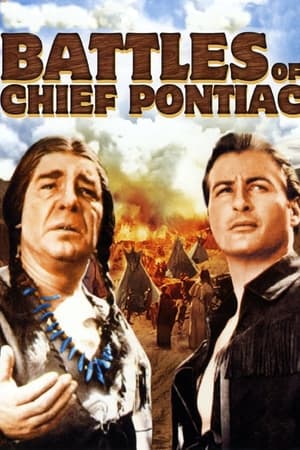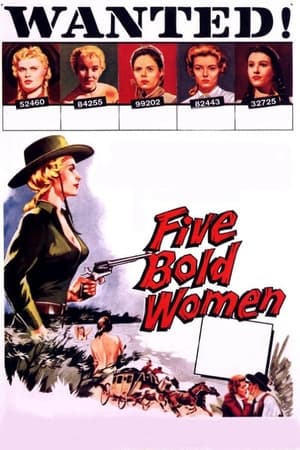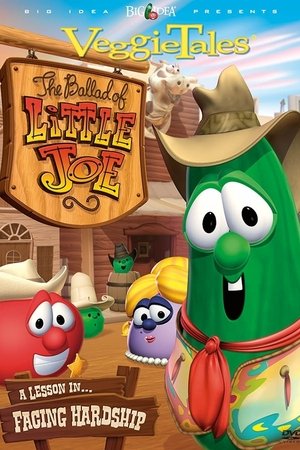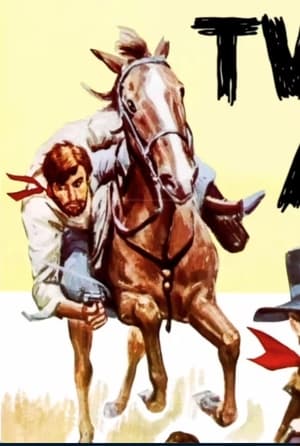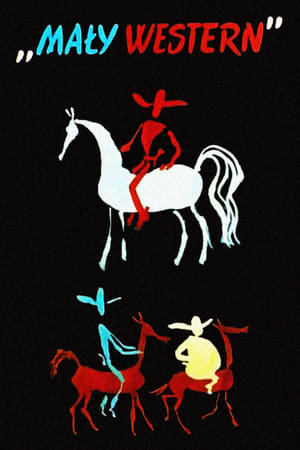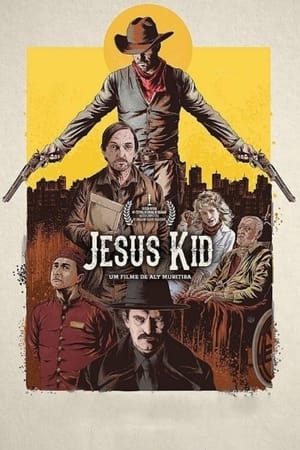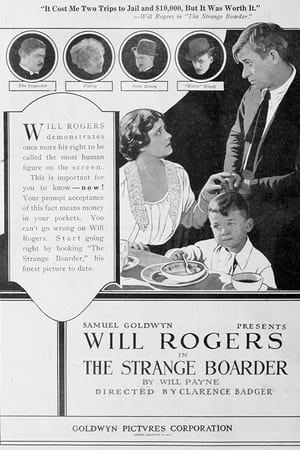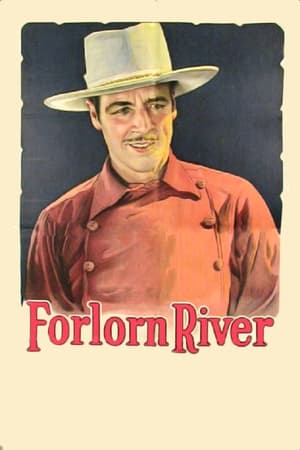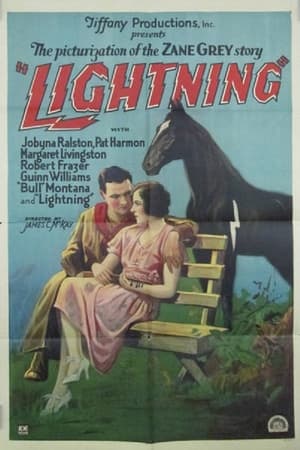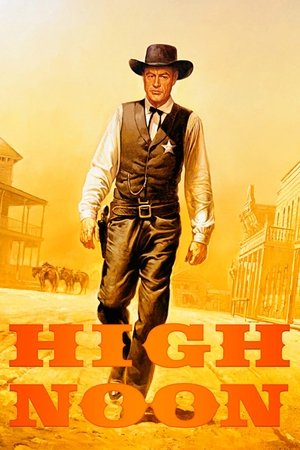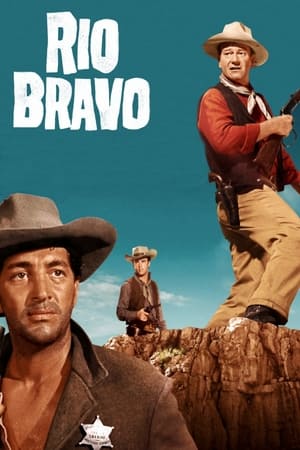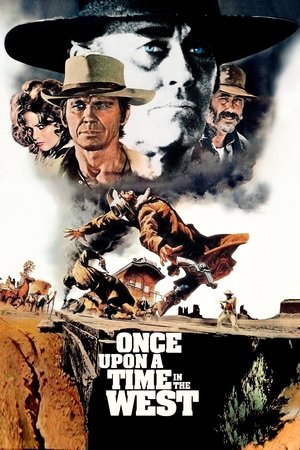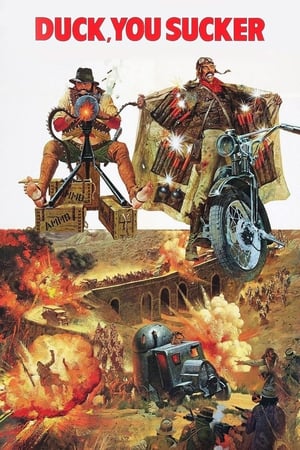Overview
Smith is an iron-willed railroad detective. When his friend Murray is fired from the railroad and begins helping Rebstock wreck trains, Smith must go after him. He also seems to have an interest in Murray's wife (and vice versa).
Reviews
Guys like Smitty they don't make anymore!
Whispering Smith is directed by Leslie Fenton and co-adapted to screenplay by Frank Butler and Karl Kamb from Frank H. Spearman's novel. It stars Alan Ladd, Robert Preston, Brenda Marshall, Donald Crisp, William Demarest and Frank Faylen. Music is by Adolph Deutsch and cinematography by Ray Rennahan.
Famed railroad detective Whispering Smith (Ladd) becomes conflicted when his latest case pits him up against one of his best pals.
It's somewhat surprising to find Whispering Smith is not more well known, given that it's Ladd's first full length Western feature and that it's really rather good. With its opening scene of Ladd riding towards camera, with glorious landscape in the background, and the thematics of how Smith operates around women and children, this signposts towards Shane five years down the line. In fact this very much works as a tasty appetiser for that superb 1953 picture.
Ladd cuts a fine figure as Smith, giving him the right amount of calm toughness so as to not over play the role, and Preston is on fine form, very ebullient and able to act heaps with only his eyes. Marshall on the surface doesn't impact greatly, in what is a key role, but the character is very shrewdly written and sits in the story as more than a token. The villains headed by Crisp are not very inspiring, while Faylen looks laughably out of place with a blonde wig!, but with Preston erring on the side of badness the good versus bad axis of plotting thrives well enough.
Pic is filled with a number of shoot-outs, banditry and awesome locomotive action, all set to the backdrop of beautiful - Technicolor enhanced - California locales. The running theme of railroad progression in the West is interestingly written, managing to not take sides and let the viewer enjoy both sides of the coin, though a moral equation that Smith ultimately arrives at doesn't quite add up. Add in Fenton's unfussy direction, Rennahan's location photography (see also night sequences) and Deutsch's pleasingly compliant score, and Western fans are good to go.
This doesn't pull up any tress or have the psychological savvy of what many Oaters of the next decade would explore, but it's very well mounted and engages from the get go. 7/10

 89 min
89 min
 6.6
6.6
 1948
1948
 USA
USA
 John Chard wrote:
John Chard wrote: